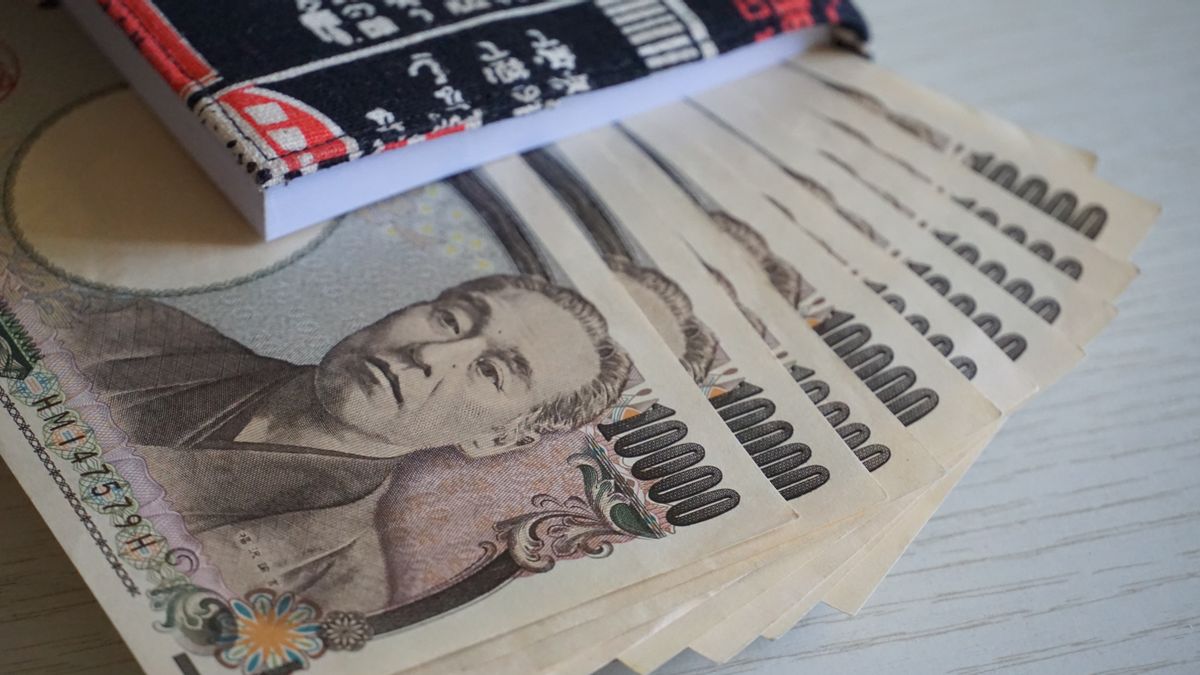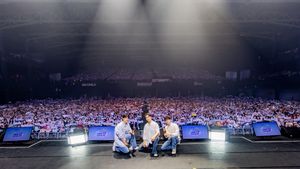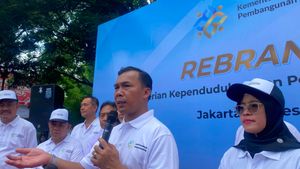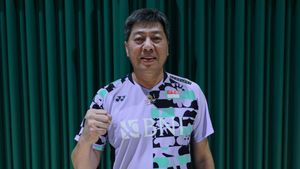JOGYAKARTA -Japan is not only popular, it has a kind of interesting culture. The country of Sakura also has residents who are good at saving money. Japanese people have a financial philosophy called kakoibo.
Kakaibo is a popular financial management procedure that many housewives have tried in Japan. This procedure was first introduced in 1994 by a journalist named Makoto Hani. In 2017, cocoa was popularized again through a novel written by Fumiko Chiba entitled Kakibo: The Japanese Art of Saving Money.
Like all financial budgeting, the idea behind the cinema is to help us master relationships with money by recording all expenses and income.
However, what distinguishes the siseibo is that it does not use any digital technology such as an application or an Excel sheet. Kakieibo emphasized that it means writing down a physical one as a method of meditative to process and observe the Follow-up of Your Shopping.
Focus on spending
The first step that needs to be tried is to focus the budget on expenses. For these expenses to some posts, such as household needs, food money, electricity pay, and so on.
If the needs posts have been set, then you just need to budget for how much money is needed. Remember, make a budget with a budget that is very appropriate, no less or more. That way, it will be easier to spend it.
Take note of each expenditure
Next, if each budget post has been set, you need to record all expenditure transactions. It doesn't matter if it's small or large in value, make it easy to record it. This is important as the material for the budget assessment in the following month.
Noting expenses on mobile phones is indeed not prohibited, but it will be recommended to record it in a special book that has been prepared beforehand. The reason is that the writing process is believed to be more effective because you can have more space to monitor expenses in detail. By also recording that you also know how long the suitability between expenses and the budget that has been inaugurated.
Honestly with your needs
One thing that makes the expenditure swell is when you cannot distinguish which one is the need and will. Both are indeed important matters, but it is definitely not easy to fulfill both of them at the same time. Of course, an extra budget is needed which increases the nominal expenditure.
When practicing Kakaibo's procedures, you will be asked to be honest about what needs are if not met, it will have a significant consequence. All less significant wishes are required to be sided so as not to pass the budget. That way, expenses can be reduced and savings allocation can be further optimized.
For example, in the food budget post, you can wisely make sure you need it or not to buy food outside when you can cook it yourself. Will it be more economical or even wasteful? That way, you can make sure what steps are very fitting and according to the budget.
Stay Away from using credit cards
The use of credit cards has indeed become a trend in society. Many are tempted to use credit cards because of the various conveniences offered. However, are you aware that the use of credit cards will actually result in expenses that continue to grow?
In Kakaibo's procedure, the use of credit cards is not recommended. It is advisable to withdraw cash and divide it into envelopes or bags according to the need post. That way, it will be easier to control expenses so that they are in accordance with the budget.
Monthly evaluation
Finally, undergo budget evaluation every end of the month. From there, you can find out whether the budget that has been designed can run effectively. You also know which posts need to be added or reduced the budget so that the next month's management can be more optimal.
This assessment means to help the extent to which successful financial management is. With this assessment, you can also recognize how much you can save and how much the value of the savings can be added. Interesting, right?
So after knowing Japanese-style savings, see other interesting news on VOI, it's time to revolutionize news!
The English, Chinese, Japanese, Arabic, and French versions are automatically generated by the AI. So there may still be inaccuracies in translating, please always see Indonesian as our main language. (system supported by DigitalSiber.id)













